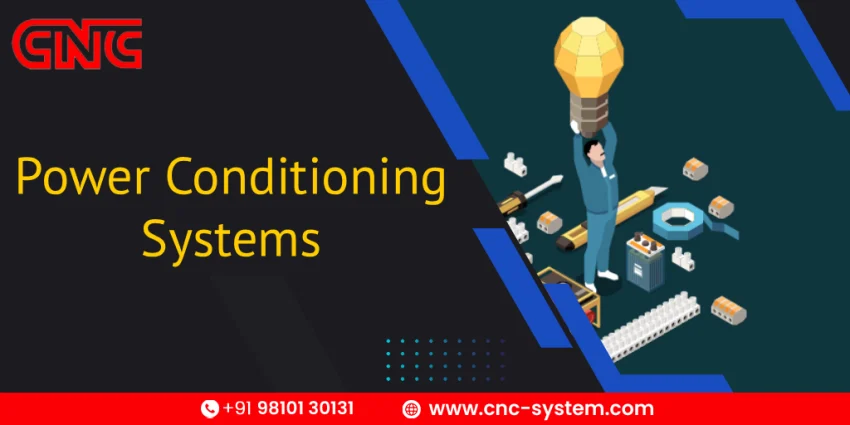In today’s technology-driven world, businesses and households rely heavily on uninterrupted and high-quality power supply. From sensitive medical equipment to industrial machines and IT infrastructure, all modern devices require stable power to function optimally. However, power fluctuations, surges, and interruptions are common in many regions. This is where power conditioning systems play a crucial role. They not only regulate and stabilize electrical supply but also protect devices from damage and ensure efficiency.
Let’s explore the different types of power conditioning systems and how they cater to varying needs.
Voltage Regulators
Fluctuations in voltages may be damaging to delicate equipment. A typical type of power conditioning system is the voltage regulators which maintain a constant voltage level irrespective of changes in input power. They can be used especially in places that are susceptible to under-voltage (low supply) of over-voltage (high supply). They ensure uniform functionality of computers, refrigerators and laboratory equipment.
Uninterruptible Power Supply (UPS) Systems
One of the common power conditioning systems used in offices, data centers as well as homes is UPS systems. They also offer backup power usage in times of failures and prevent unexpected shutdown of devices. In addition to providing emergency power, the contemporary UPS units also filter electrical noise as well as eliminate surges. In the case of businesses that deal with important data, a UPS is used to maintain continuity and it helps to avoid loss that may have been incurred due to downtime.
Surge Protectors
Normally lightning or faulty power lines can cause a sudden spike in the voltage and destroy the electronic equipment in seconds. Surge protectors are developed to absorb and divert the excess electricity protecting equipment. Smaller models are sold to consumers to protect domestic users, whereas industrial grade surge suppressors are more complex and provide increased protection to manufacturing facilities, hospitals, and computer systems.
Isolation Transformers
Isolation transformers are protective conditioning systems where sensitive equipment is isolated against noisy or unstable power supply. They suppress undesired voltage transients as well as they suppress electrical noise interference. Isolation transformers are also used in industries that run heavy machinery or those that use sensitive instruments in the medical field.
Line Conditioners
Line conditioners are a combination of multiple capabilities of voltage regulators, surge suppressors, and noise filters. They automatically compensate low and high voltage changes, which supply balanced power. They are especially significant to audio-visual systems, servers, and laboratory equipment, which are characterized by the fact that even minimal fluctuations in the power supply can affect the quality of performance or data accuracy.
Harmonic Filters
Harmonics – Electrical systems commonly produce distortions, harming equipment by potentially causing overheating, and making them less efficient. These distortions can be reduced using harmonic filters, a specialized type of power conditioning system that enhances the overall energy quality. They are typically applied in industrial and commercial applications that have heavy loads including variable frequency drives (VFDs) and large motors.
Power Distribution Units with Conditioning Features
In IT settings, the power distribution units (PDUs) do not only allocate electricity among servers, but they also incorporate conditioning, including surge suppression, monitoring and load balancing. These systems provide the stability of the work at such high-demand facilities as data centers.
Also Read: Essential Hardware Solutions in Computer Systems for Small Businesses
Conclusion
Various kinds of power conditioning systems are developed to solve a range of electrical challenges, between small voltage swings and serious surges and harmonics. The decision to select a particular system is determined by the purpose, that is, household appliance, Operation Theater of a hospital or a data center. When businesses and individuals invest in the correct solution, they are able to ensure their equipment is safeguarded, performance is enhanced and power is not interrupted.

